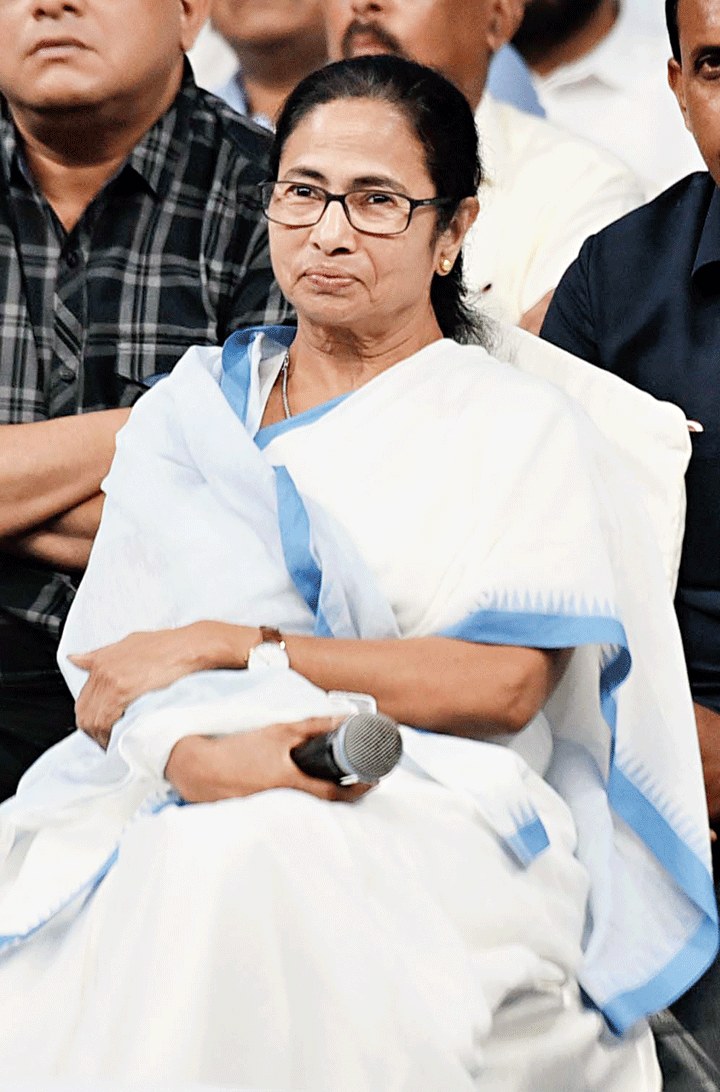The Mamata Banerjee government has initiated a process to carve out two new departments — non-conventional and renewable energy and industrial reconstruction — from power and non-conventional energy and commerce and industry departments, respectively.
The move comes amid questions whether it would justify the Bengal government’s earlier decision of merging departments to cut down operational costs.
During a recent a reshuffle of the state cabinet, Subrata Mukherjee, state panchayat minister, was given the additional charge of non-conventional and renewable energy department. The change came after Santiram Mahato, who was made a minister without portfolios about a year ago, was appointed as the new minister for Paschimanchal Unnayan affairs department.
Mukherjee was holding the additional charge of Paschimanchal Unnayan affairs department before Mahato was reinstated there three days ago.
“This is the reason why non-conventional and renewable energy department is being created. But it is still not known why the industrial reconstruction department is being carved out from commerce and industry department as the two were merged two years ago,” said a source.
In 2017, the government had taken an initiative to merge departments with similar nature of work to cut down operational cost of the state government and save a handsome amount on hiring of cars and bills to run too many offices.
During the initiative, 62 government departments were brought down to 52. For example, municipal affairs department was merged with the urban development department. Similarly, industrial reconstruction and micro, small and medium enterprises were merged with the commerce and industries department.
But the state government failed to continue with its idea of making the government slim as the top brass of the administration started separating the merged departments within a few months.
First, the MSME was carved out of the commerce and industries department and later on, statistics and programme implementation was separated from the statistics department. Similarly, science and technology department was separated from the higher education department.
“With these two, the number of departments reached 57 from 52. It is still not clear whether the government was serious about its initiative of making the government slim by cutting its flab,” said a senior government official.











